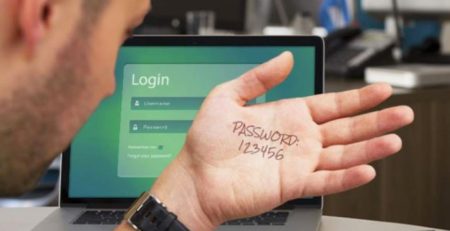Telephone Number and Caller-ID Spoofing
Have you recently started receiving calls from phone numbers which resemble your personal or business phone number? Have you received calls from a caller who comes up on your caller-id as one of your phone numbers?
The simplest way to prevent fraud is not to answer unknown numbers and wait to see if the caller leaves a message. If you answer such a call and you know it’s fraudulent or the caller is pressuring you for information, hang up immediately. Do not give the caller any reason to try to keep you on the line.
If you answer the phone and it sounds like a recording, most likely it’s marketing or a scam. And they can all potentially be fraudulent. Crooks are using Robo-dialers to make illegal, unsolicited calls. These calls are rampant, in the U.S. If you receive them, hang up! Do not press any buttons even if it prompts you to press a button to stop getting the calls. If it’s a scam, chances are the button you press is not going to do what you think it is doing. Scammers use this trick to identify potential targets based on people going through the prompts. They want to see how far you will go. Then they use that information for the next time they attempt to call you.
These callers are spoofing your caller-ID. Use extreme caution any time you receive a call from someone you do not know, especially when they request personal identifying information.
If you get an inquiry from someone who says they represent a company or a government agency, never give out any personally identifiable information. Personal Identifiable Information is information such as Social Security numbers, account numbers, maiden names, passwords, or other identifying information. If you think the call is serious, hang up. Then, find the vendors phone number, company phone number, government agency phone number on their website or in the phone book or your contacts and call them to verify the authenticity of the call. Tell them about the phone call you received and ask them if it is legitimate or fraudulent.
Always use passwords on all your accounts, including voicemail accounts. Voicemail services with certain vendors are preset to allow access if you call in from your phone number. A hacker could spoof your phone number and gain access to your voice mail if you do not set a password.
Talk to your service providers about call blocking tools and look for mobile apps with blocking capabilities. The FCC allows phone companies to block robocalls.
Be cautious of email messages which come through as an email and look like a voicemail message. If you do not get voicemail messages by email, do not trust these messages from unknown sources. If you have voicemail to email forwarding, make sure the email message you received is from the proper phone system and voicemail vendor.
Cyber attacks and fraud are becoming more and more sophisticated every day. Always use caution, especially when you are unsure. If you do not know, do not respond. Ask a professional like Profulgent Technology. We can help.





